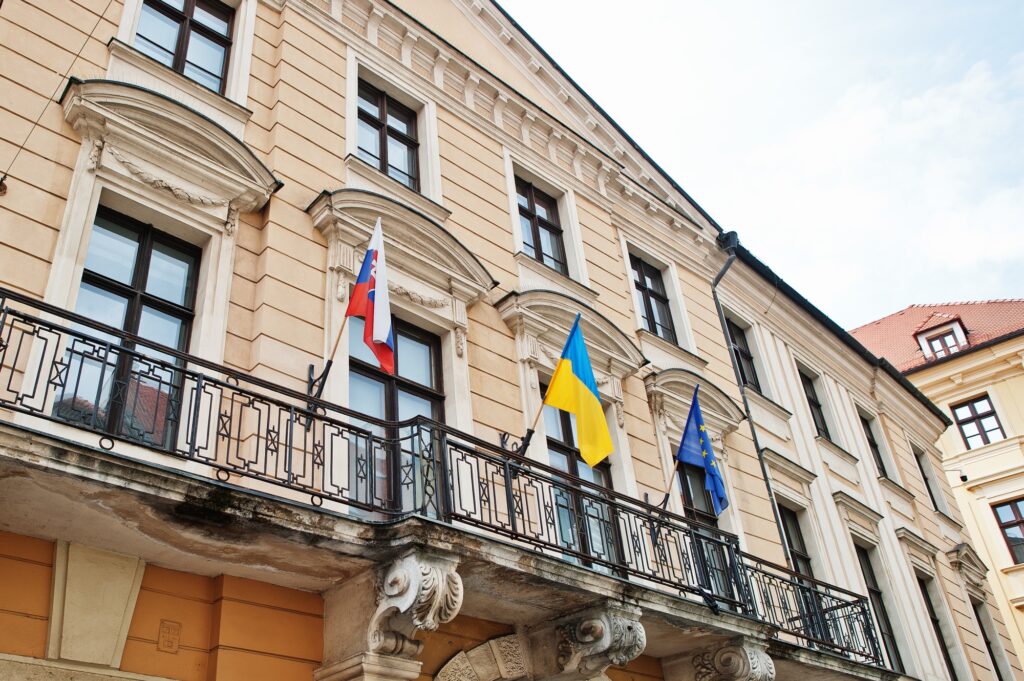Introduction
Recent developments have introduced uncertainty into Ukraine’s pursuit of European Union membership, with Slovakia indicating a possible reassessment of its support. The primary issue at hand is Ukraine’s decision to halt the transit of Russian gas through its territory, a move that carries significant implications for Slovakia’s energy security and economic interests.
Ukraine’s Decision to Halt Gas Transit
Effective January 1, 2025, Ukraine has announced plans to cease the transit of Russian gas to Europe via its pipelines. This decision directly impacts Slovakia, a country that relies heavily on these gas supplies to meet its energy demands. The abrupt nature of this halt has raised concerns in Bratislava regarding energy shortages and potential economic repercussions.
Slovakia’s Response
In response to Ukraine’s unilateral action, Slovakia’s ruling party, Hlas-SD, has voiced strong disapproval. The party emphasized that if Ukraine seeks to be regarded as a partner, it must act in a manner that reflects mutual respect and consideration. This sentiment suggests that Ukraine’s recent decision could strain the historically cooperative relationship between the two nations.
Implications for EU Membership Support
The escalating tensions have prompted Slovak officials to reconsider their stance on supporting Ukraine’s bid for EU membership. Hlas-SD has indicated that actions by Ukraine that adversely affect Slovakia’s national interests may lead to a withdrawal of Slovakia’s support for Ukraine’s EU accession. This development introduces a significant obstacle in Ukraine’s path toward European integration, as unanimous support from existing EU member states is crucial for the accession process.
Scheduled Diplomatic Discussions
To address the growing discord, a meeting involving Slovak, Ukrainian, and European Commission officials was initially scheduled for early January but has been postponed to later in the month. The primary focus of this meeting will be to resolve the gas transit dispute and to discuss its broader implications for Ukraine’s EU membership aspirations. The outcomes of these discussions are anticipated to play a pivotal role in shaping the future of Ukraine-Slovakia relations and Ukraine’s integration into the European Union.
Conclusion
The current situation highlights the intricate nature of international relations within the EU context. Ukraine’s strategic decisions, such as the cessation of gas transit, have extensive consequences that affect not only bilateral relationships but also its broader ambitions of EU integration. As diplomatic negotiations proceed, the resolutions achieved will be critical in determining the direction of Ukraine’s EU membership bid and its future interactions with neighboring countries like Slovakia.
#Slovakia










